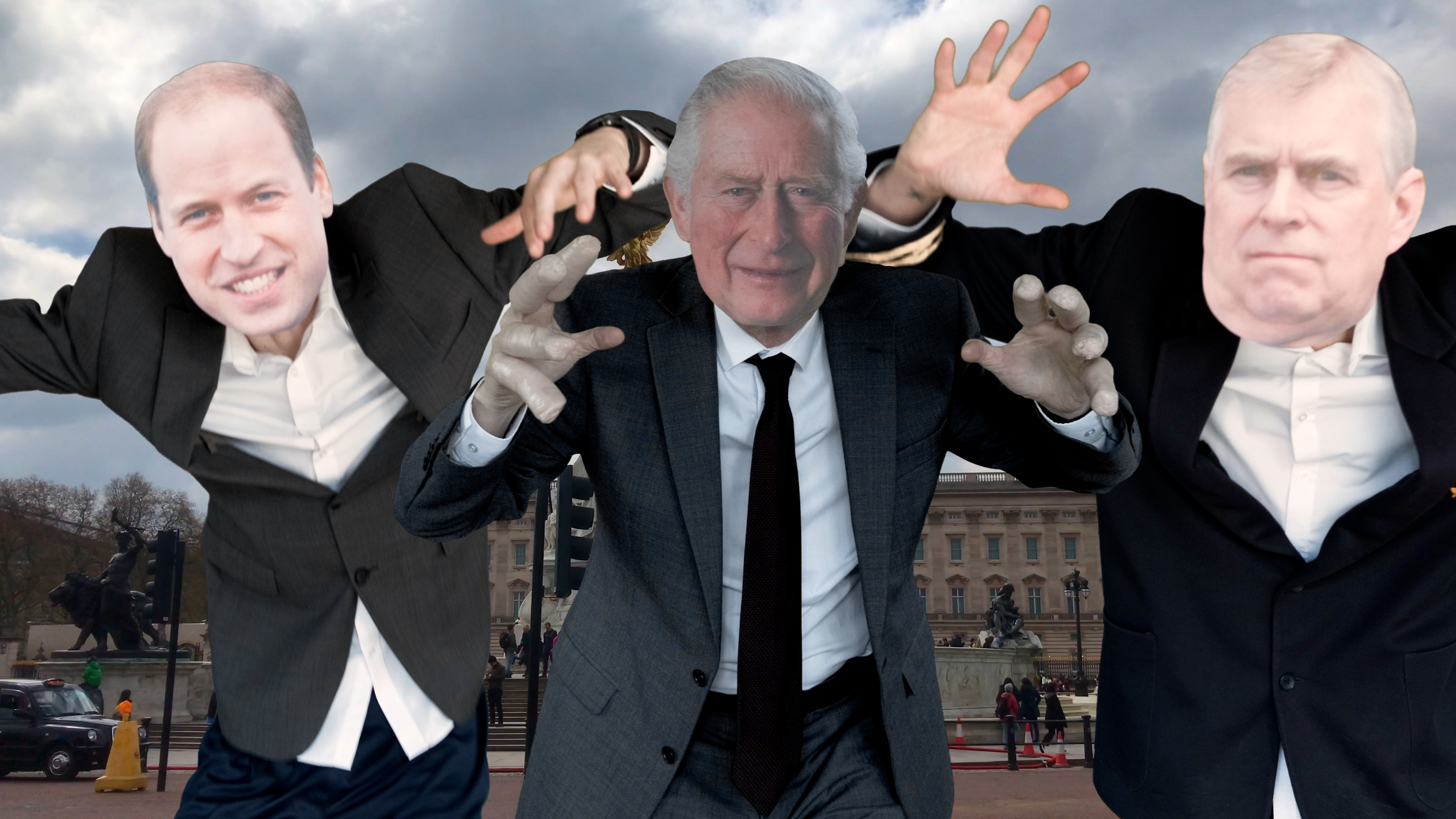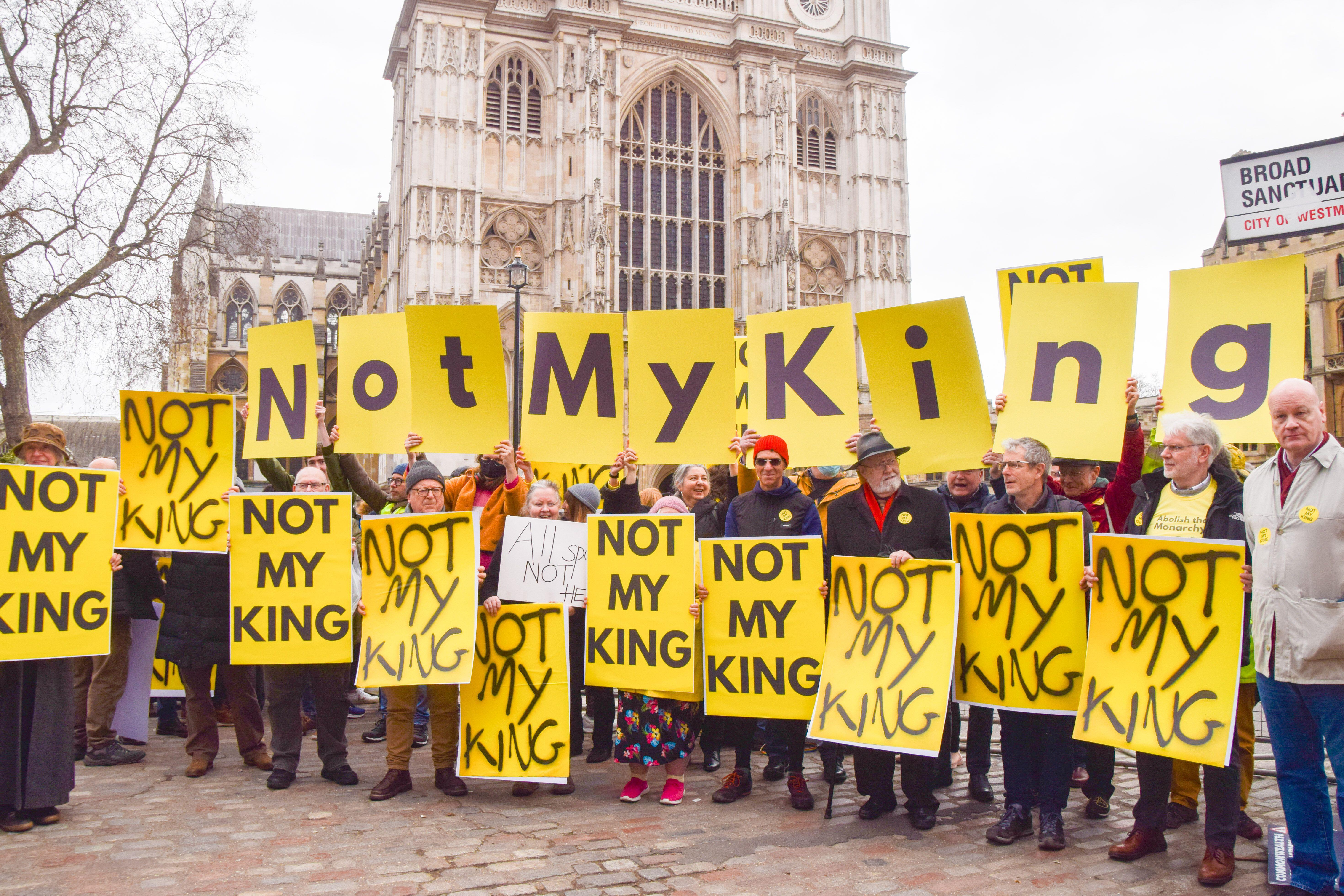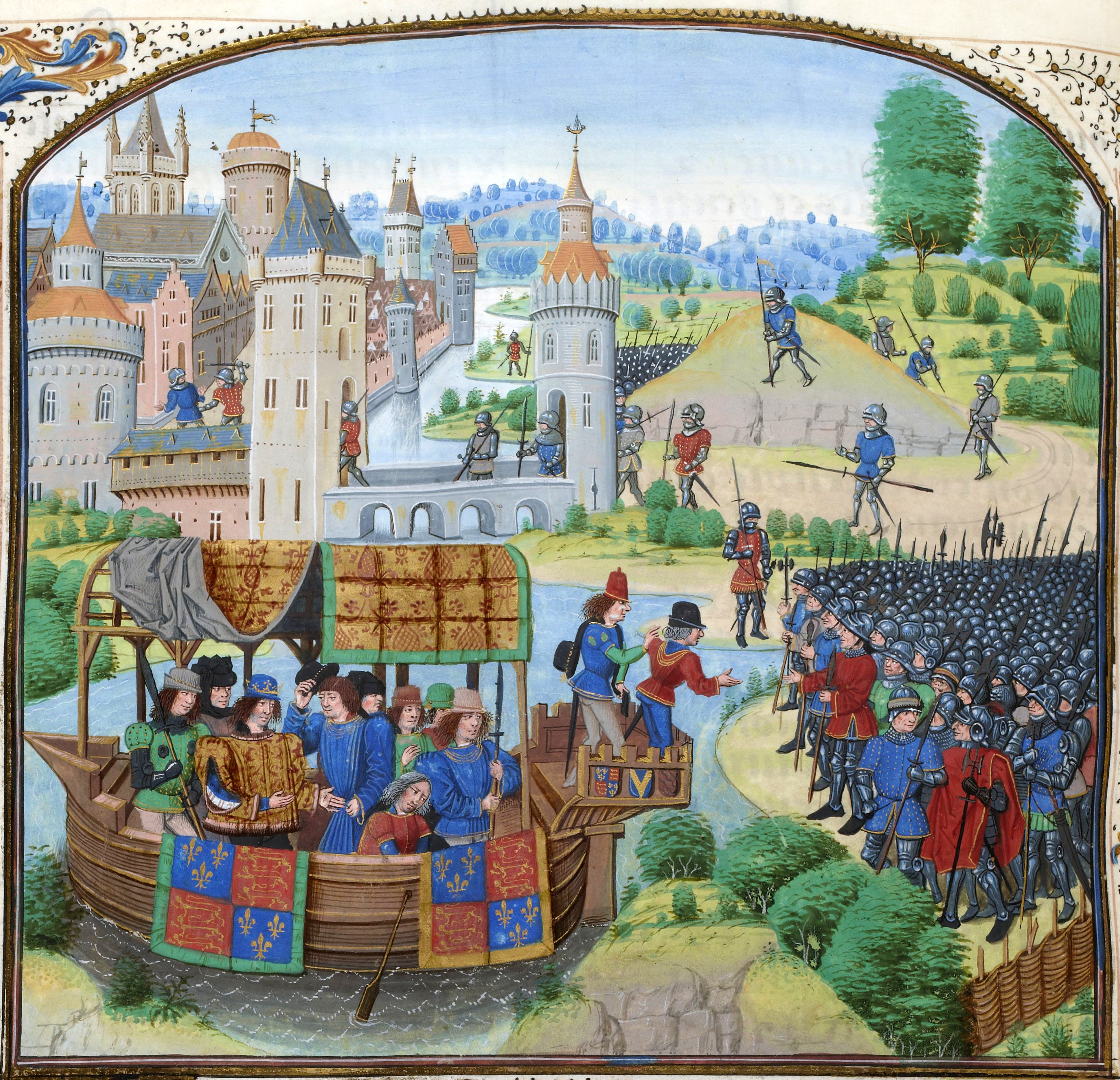The coronation oath must not become another 'Cricket Test'
Black and Asian Britons are still asked whom they would cheer for at a cricket match: England or "where they're from". Now we risk facing the same with the oath - especially as Commonwealth countries begin to reject the monarchy.
For anyone like me, who came to political consciousness in the UK during the 1980’s, Norman Tebbit is a towering figure. He served in the Thatcher led Conservative Cabinet from 1981 to 1987. Tebbit was never Prime Minister, nor did he ever hold any of the three great offices of state - Chancellor of the Exchequer, Foreign Secretary or Home Secretary. But his influence on British politics, culture and thought were far greater than many who have, and he casts a far larger shadow over British life than the sum of the various Cabinet positions he held.
In an interview in 1990 with the Los Angeles Times he infamously coined the idea of the ‘cricket test’ when discussing immigration and multiculturalism in the UK: “A large proportion of Britain's Asian population fail to pass the cricket test. Which side do they cheer for? It's an interesting test. Are you still harking back to where you came from or where you are?".
15 years later, Tebbit even claimed that his test could have prevented the 7 July 2005 London bombings, a terrorist attack carried out by three British-born men of Pakistani heritage and one Jamaican-born man who immigrated to the UK at the age of just five.
The clear implication being that if you support the England cricket team you are “truly English”, while if you support another country - most notably India or Pakistan if you are of Asian heritage, or the West Indies if you are of Caribbean descent, irrespective of what your passport might say, you were still not truly British.
I was reminded of Tebbit when it was announced that part of the Coronation ceremony of King Charles would include people across the UK and overseas realms being invited to swear an oath to the new monarch.
During the service, the Archbishop of Canterbury will ask "all who so desire, in the Abbey, and elsewhere, [to] say together: I swear that I will pay true allegiance to Your Majesty, and to your heirs and successors according to law. So help me God."
In the past, it has only been peers of the realm who have had to swear an oath to the monarch during the coronation. Lambeth Palace has said it hopes this significant change to the historic service will result in a "great cry around the nation and around the world of support for the King".
Participation in the oath — which will be followed by a musical fanfare — will be encouraged but voluntary, organisers said.
Despite, or possibly because of the voluntary nature, my concern is that this new oath will become the new “cricket test”. Those that swear the oath will be seen as “truly British” upholding the values of the United Kingdom and fully integrated into the nation’s values, while, in the word’s of Afua Hirsch’s best selling book, those that do not swear it will be “Brit-ish”.
I suspect white Brits will not be viewed as any less British if they do not swear the oath
While some might see this simply as a republic vs monarchist argument it should be noted that there is a strong racial element to pledging allegiance to the King.
Just days before the coronation historian David Starkey, speaking on GB News, used the
government’s approach to the coronation as evidence of Britain’s first Prime Minister of Asian
heritage, Rishi Sunak, not being “grounded in our culture” (italics my own). While the comments
were widely condemned, and Starkey was forced to “clarify” what he said, it was evidence that
the monarchy was being used as a litmus test as to whether you are really “one of us”.
The “Britishness” or “Englishness” of white Britons is rarely, if ever questioned. When Norman Tebbit created the “cricket test” he specifically referenced Britons of Asian heritage. The “cricket test” was not meant for white people like my father, who coincidentally was the son of Austrian immigrants, and supported Brazil in the World Cup, and Muhammad Ali when he fought Henry Cooper in 1963. The cricket test was meant for people like my Jamaican mother, and even
people like Rishi Sunak.
I suspect white Brits will not be viewed as any less British if they do not swear the oath but I worry the “Britishness” of naturalised immigrants and their descendants, might be, and especially immigrants of colour. It should be noted that since 2002 immigrants wishing to obtain UK citizenship already have to swear allegiance to the monarch as well as “their heirs and successors” in their citizenship ceremony - a “test” that they have to pass to become truly British.
This all comes at a time when Commonwealth countries are increasingly rejecting the monarch as their head of state and are transitioning to becoming republics. Barbados became a republic in 2022. Antigua and Barbuda, and Jamaica, both announced plans to follow suit and become republics, while Belize and Barbados signalled that they will be consulting their respective citizens on whether they should also ditch the monarchy as head of state.
Other Commonwealth countries with large diaspora populations in Britain such as India, Pakistan, Bangladesh, Nigeria and Ghana have all been republics for several decades.
The question of loyalty to the monarchy can easily be framed for Black and brown people in the UK as one of whether they have “British values” - including a king as the head of state - or the values of the countries of their parents and grandparents - that have or are in the midst of rejecting hereditary rule.
I never question my British identity, at the same time I am incredibly proud of my mother’s Jamaican heritage. And in sporting events I pass the “cricket test” as often as I fail it, depending on the sport and who is playing.
My sense of Britishness also transcends any feelings I have about whether the country should be a republic or remain a monarchy.
My hope is that loyalty to the King is not conflated with being any more or less British. Abolishing public oaths of allegiance to the crown may go some way towards that.
The Lead is now on Substack.
Become a Member, and get our most groundbreaking content first. Become a Founder, and join the newsroom’s internal conversation - meet the writers, the editors and more.





